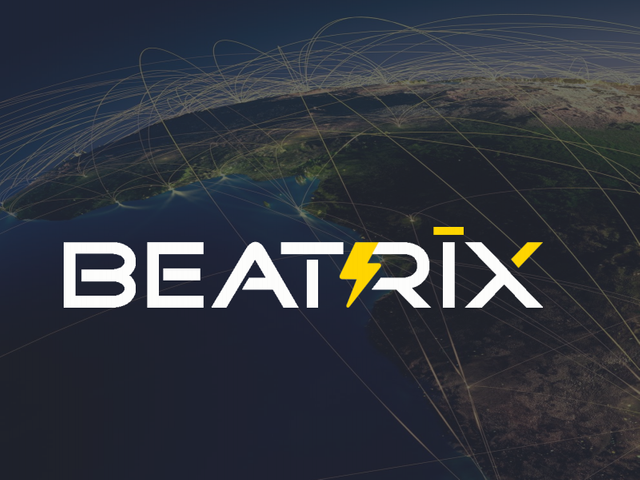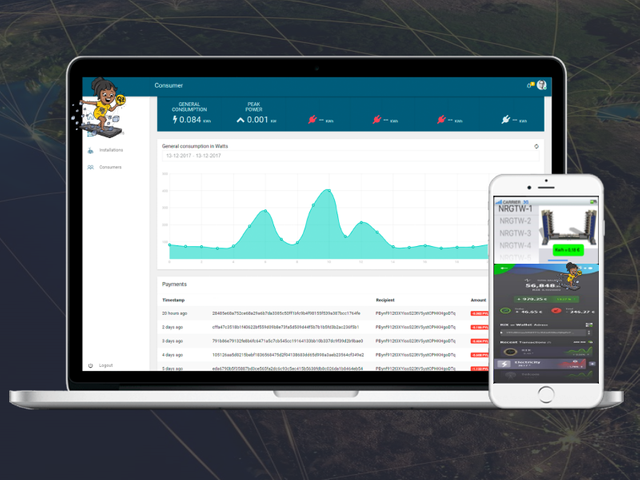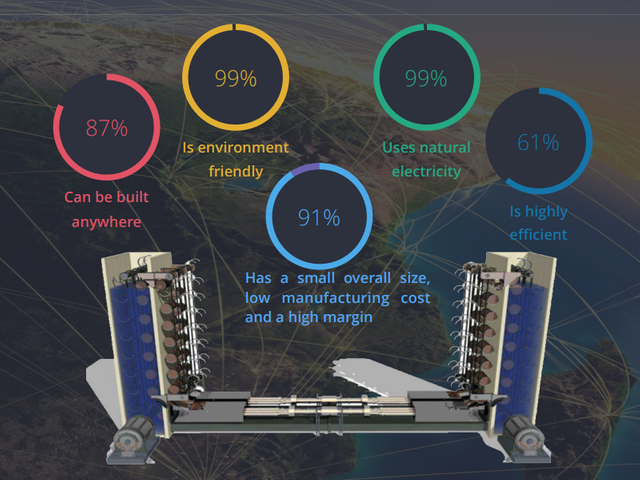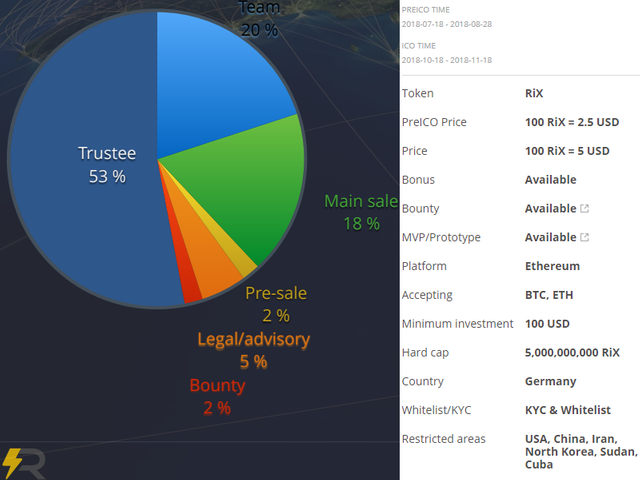Beatrix: Decentralised, sustainable energy for African communities

Energy is one of the key problems facing humanity in the 21st century, as the attempts to shift towards renewable energy run into political and economic difficulties. This problem is especially acute in African nations, where much of the population remains extremely underserved. Hundreds of millions of people are either off the grid or suffer from inefficient and unequal distribution. How could their growing modern energy needs be met without also contributing to pollution? And what about the economic and social costs of the centralised big energy model?
Beatrix is a project that aims to provide an affordable, decentralised renewable energy solution for Africa's power supply woes, with a special focus on rural regions. Its original technology will form a part of a blockchain-powered ecosystem that will be tied together on the Beatrix Platform, which will enable efficient and responsible energy use. The project has both economic and social goals, aiming to encourage Africa's development.
How will Beatrix supply electricity?
Beatrix plans to provide electricity with the help of compact, cheap to deploy “Energy Towers” that would consume natural gas to create electricity. Those towers will be built in a regional factory, deployed with the help of an EPC company and maintained by a mixed foreign and local staff. To help supply them, Beatrix has partnered with BioConstruct to set up biogas plants that would process organic waste from nearby rural communities. Beatrix will also provide access to telecommunications services.

Power from the Energy Towers could only be paid for with RiX tokens on the project's blockchain platform, through a website or a mobile app. RiX tokens will be externally tradeable, but will also have a fixed initial charge of 5 kWh per token (or a 25% discount if paying for telecommunications services). RiX payments will be arranged through dedicated smart contracts connected to the RiX Power Meter electronic monitoring devices. The devices will measure energy consumption, ensure that it is paid for automatically and notify users in advance when more payments will be needed.
In addition to empowering the users to use and pay for energy at their own discretion, RiX Power Meter will also collect power consumption data for future research purposes. Eventually it may be upgraded with AI technology for more efficient automated power management. The Beatrix Platform will also have an advanced trader mode. RiX token holders will be able to vote for future projects and review proposals in the community.
What makes Beatrix stand out?

Beatrix's DETD (Decentralized Energy and Telecommunications Distribution) model and the Energy Tower technology is a good fit for the needs of rural Africa. By focusing on processing natural gas, and, through biogas plants, organic waste, it would have an energy source that is both renewable and dependent only on its own technology and the proximity of human communities. As such, it should be well-suited for powering remote regions. Accepting mobile payments for energy would be a step forward for Africa and would serve its underbanked but phone-possessing population well. The RiX Power Meter system promises flexibility for end users while ensuring the system's efficient function.
The patented Energy Tower technology has been developed and tested at the Karlsruhe Institute of Technology. Further tests are to take place in the first half of September to prove its efficiency. In addition to Bioconstruct, Beatrix has a number of other international and local partners. It plans to launch its operations the Republic of The Gambia, being drawn to its comparative stability, poverty and rapidly growing population, and has already reached an agreement with its government and with the Gamtel state telecommunications company. Its international partners include The Water Project and Elkay, which will help it set up additional infrastructure near its Energy Towers.
ICO details

A distributed power supply model that suits Africa's needs
To bring affordable renewable energy to small African communities is both a noble goal and a shrewd business idea, as it promises a relatively cheap way to cover a so far terribly underserved emerging market. Of course, there are many risks involved. Not only is this an experimental technology, but also, the best intentions of foreigners have a way of running aground in Africa due to difficult local political and social conditions.
Much will depend on the outcome of the tests, and on the functioning of the actual platform. But Beatrix' economic model seems sound enough, and if the technical side holds up and its support continues, it may make history by bringing electricity to the masses. If Beatrix and its model succeed in The Gambia, they may both have a bright future ahead of them elsewhere in the continent.
Links:
Website: https://www.beatrix.social/
WhitePaper: https://www.beatrix.social/docs/Beatrix__Wp.pdf
Telegram: https://t.me/beatrixsocial
Facebook: https://www.facebook.com/beatrixico
Twitter: https://twitter.com/BeatrixICO
Medium: https://medium.com/@BeatrixICO
ANN: https://bitcointalk.org/index.php?topic=4708859.0
Author: https://bitcointalk.org/index.php?action=profile;u=980049
Disclaimer
This review by Bonanza Kreep is all opinion and analysis, not investment advice.